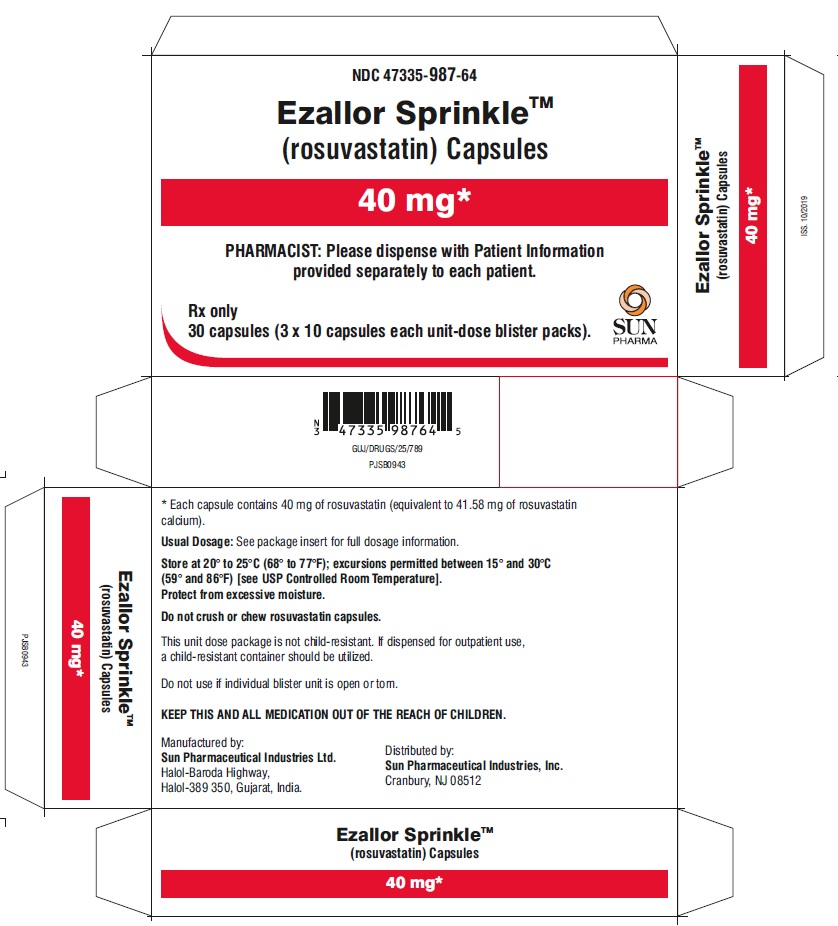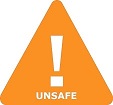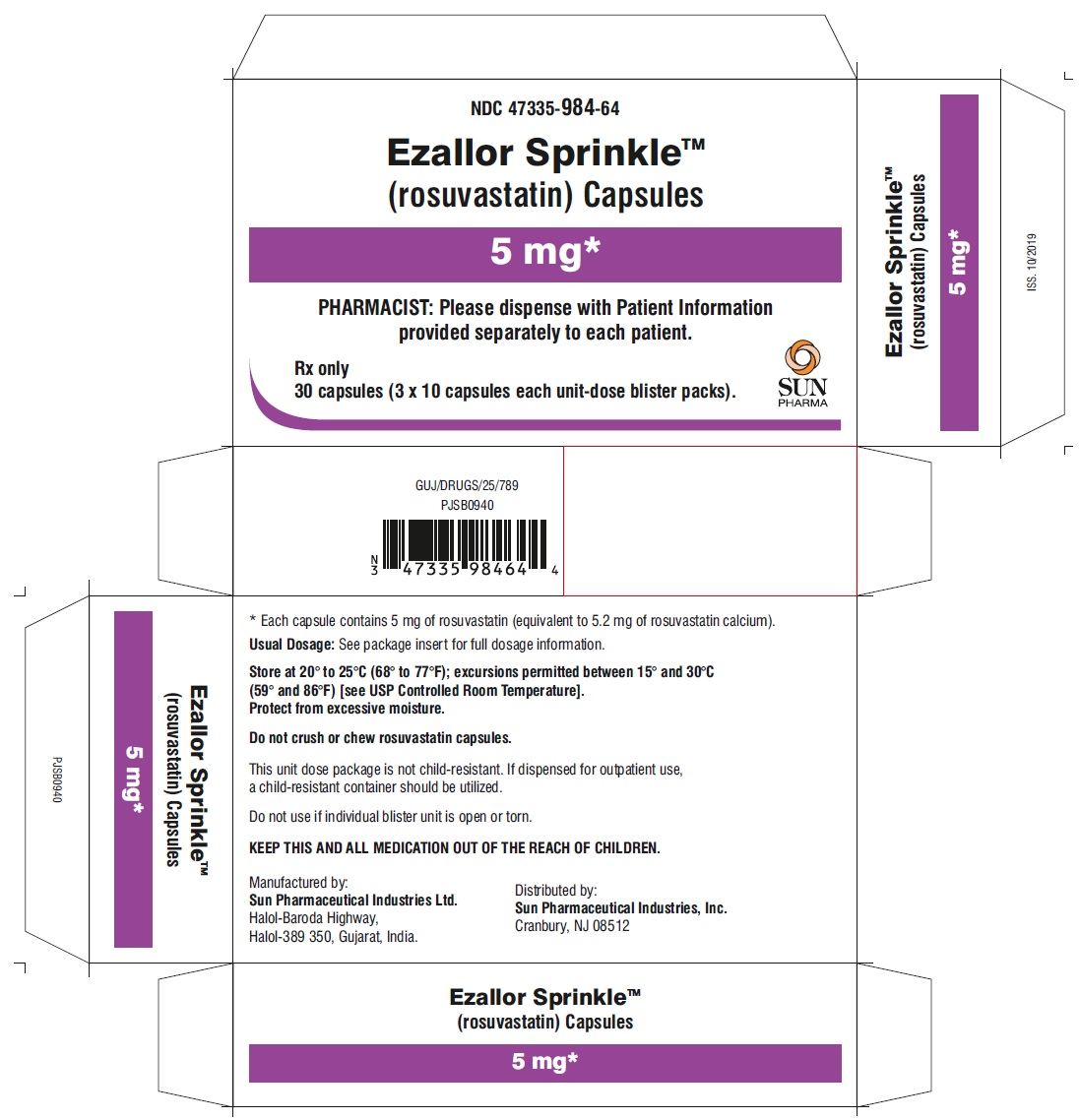Ezallor Sprinkle | Rosuvastatin Capsule while Breastfeeding

What is Ezallor Sprinkle | Rosuvastatin Capsule used for?
What are the risk associated with Ezallor Sprinkle | Rosuvastatin Capsule usage while breastfeeding? What precautions shall I take while using it in breastfeeding?

Ezallor Sprinkle | Rosuvastatin Capsule Breastfeeding Analsys
Rosuvastatin while Breastfeeding
UnsafeCAS Number: 147098-20-2
Statin pharmacologically acts by inhibiting cholesterol synthesis. Excretion into breast milk is non-significant. Its low oral biodisponibility makes absorption by the infant unlikely. Influence on alteration of breast milk fat composition is unknown. High amount of cholesterol is required by the infant to ensure appropriate development of nervous system, cell membranes and hormones or vitamin production. Avoiding use while exclusive breastfeeding would be advisable. Atorvastatin is probably safer because of a higher molecular weight that would interfer with excretion into breast milk. Pravastatin has also shown a low excretion. Simvastatin has the lowest oral biodisponibility. Interruption of drug hypercholesterolemia treatment while breastfeeding would probably not affect long-term outcome of the disease. A hypolipidemic diet should be followed.
Ezallor Sprinkle | Rosuvastatin Capsule Breastfeeding Analsys - 2
Rosuvastatin while Breastfeeding
CAS Number: 287714-41-4

Levels of rosuvastatin in milk are low, but no relevant published information exists with its use during breastfeeding. The consensus opinion is that women taking a statin should not breastfeed because of a concern with disruption of infant lipid metabolism. However, others have argued that children homozygous for familial hypercholesterolemia are treated with statins beginning at 1 year of age, that statins have low oral bioavailability, and risks to the breastfed infant are low, especially with rosuvastatin and pravastatin.[1] Until more data become available, an alternate drug may be preferred, especially while nursing a newborn or preterm infant.

What should I do if already breastfed my kid after using Ezallor Sprinkle | Rosuvastatin Capsule?
We have already established that Ezallor Sprinkle | Rosuvastatin Capsule is unsafe in breastfeeding and breastfeeding while using Ezallor Sprinkle | Rosuvastatin Capsule is not a good idea however if have already used
I am nursing mother and my doctor has suggested me to use Ezallor Sprinkle | Rosuvastatin Capsule, is it safe?
If your doctor knows that you are breastfeeding mother and still prescribes Ezallor Sprinkle | Rosuvastatin Capsule then there must be good reason for that as Ezallor Sprinkle | Rosuvastatin Capsule is considered unsafe, It usually happens when doctor finds that overall advantage of taking
If I am using Ezallor Sprinkle | Rosuvastatin Capsule, will my baby need extra monitoring?
Yes, Extra monitoring is required if mother is using Ezallor Sprinkle | Rosuvastatin Capsule and breastfeeding as it is considered unsafe for baby.
Who can I talk to if I have questions about usage of Ezallor Sprinkle | Rosuvastatin Capsule in breastfeeding?
US
National Womens Health and Breastfeeding Helpline: 800-994-9662 (TDD 888-220-5446) 9 a.m. and 6 p.m. ET, Monday through Friday
UK
National Breastfeeding Helpline: 0300-100-0212 9.30am to 9.30pm, daily
Association of Breastfeeding Mothers: 0300-330-5453
La Leche League: 0345-120-2918
The Breastfeeding Network supporter line in Bengali and Sylheti: 0300-456-2421
National Childbirth Trust (NCT): 0300-330-0700
Australia
National Breastfeeding Helpline: 1800-686-268 24 hours a day, 7 days a week
Canada
Telehealth Ontario for breastfeeding: 1-866-797-0000 24 hours a day, 7 days a week
